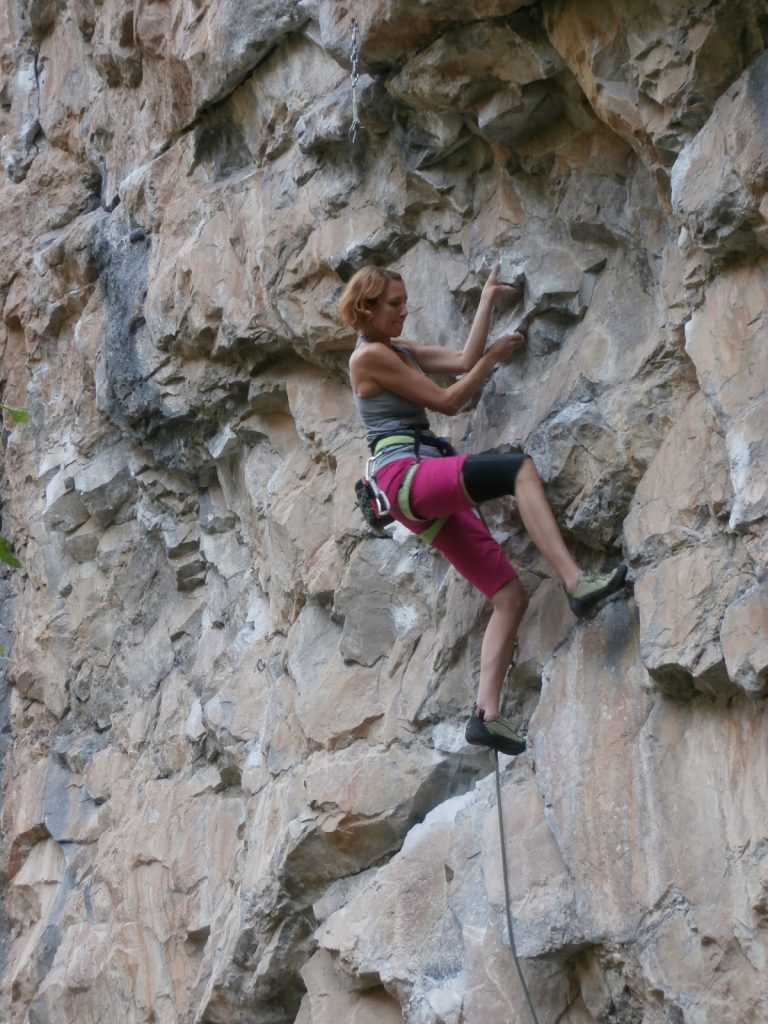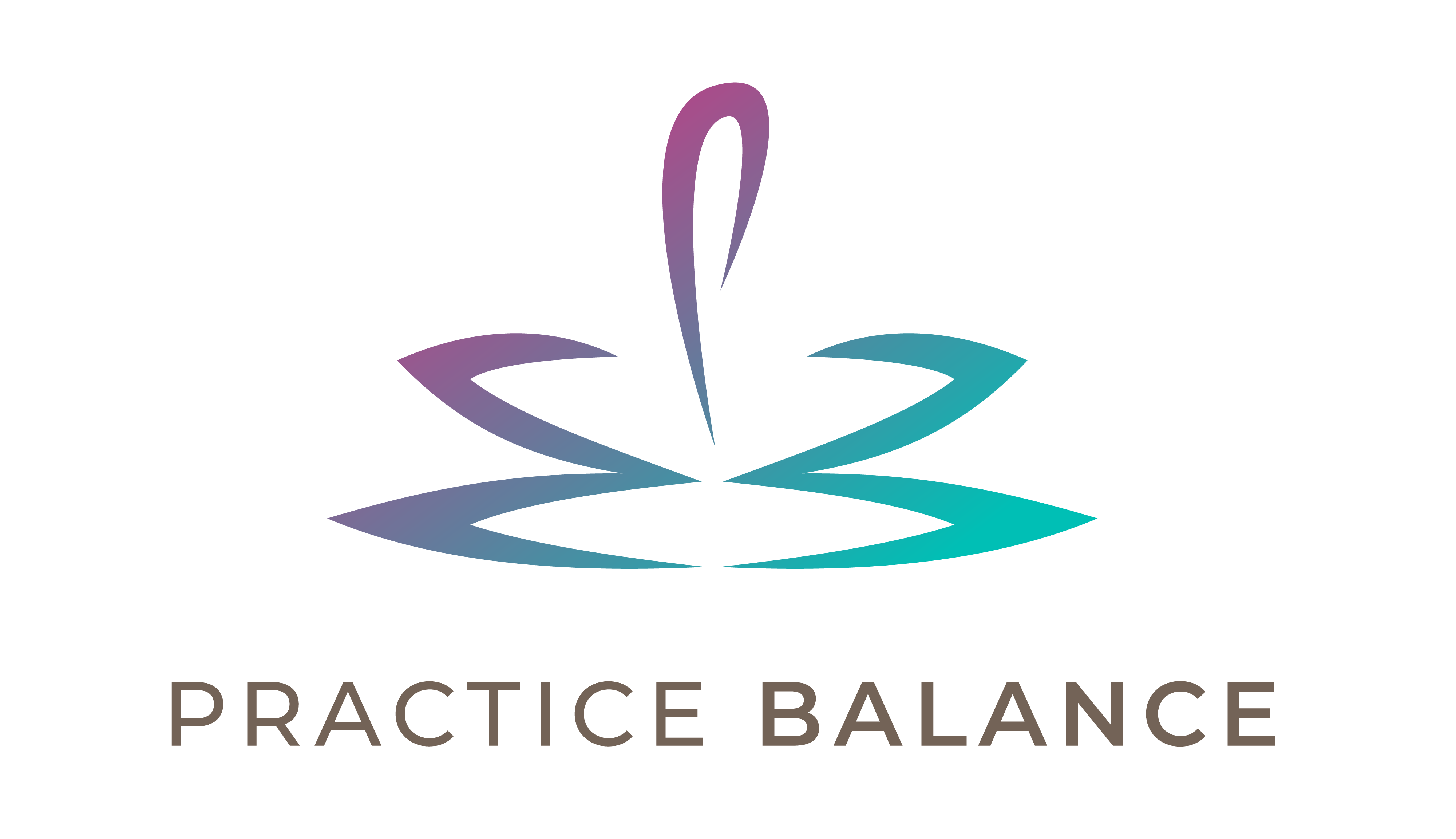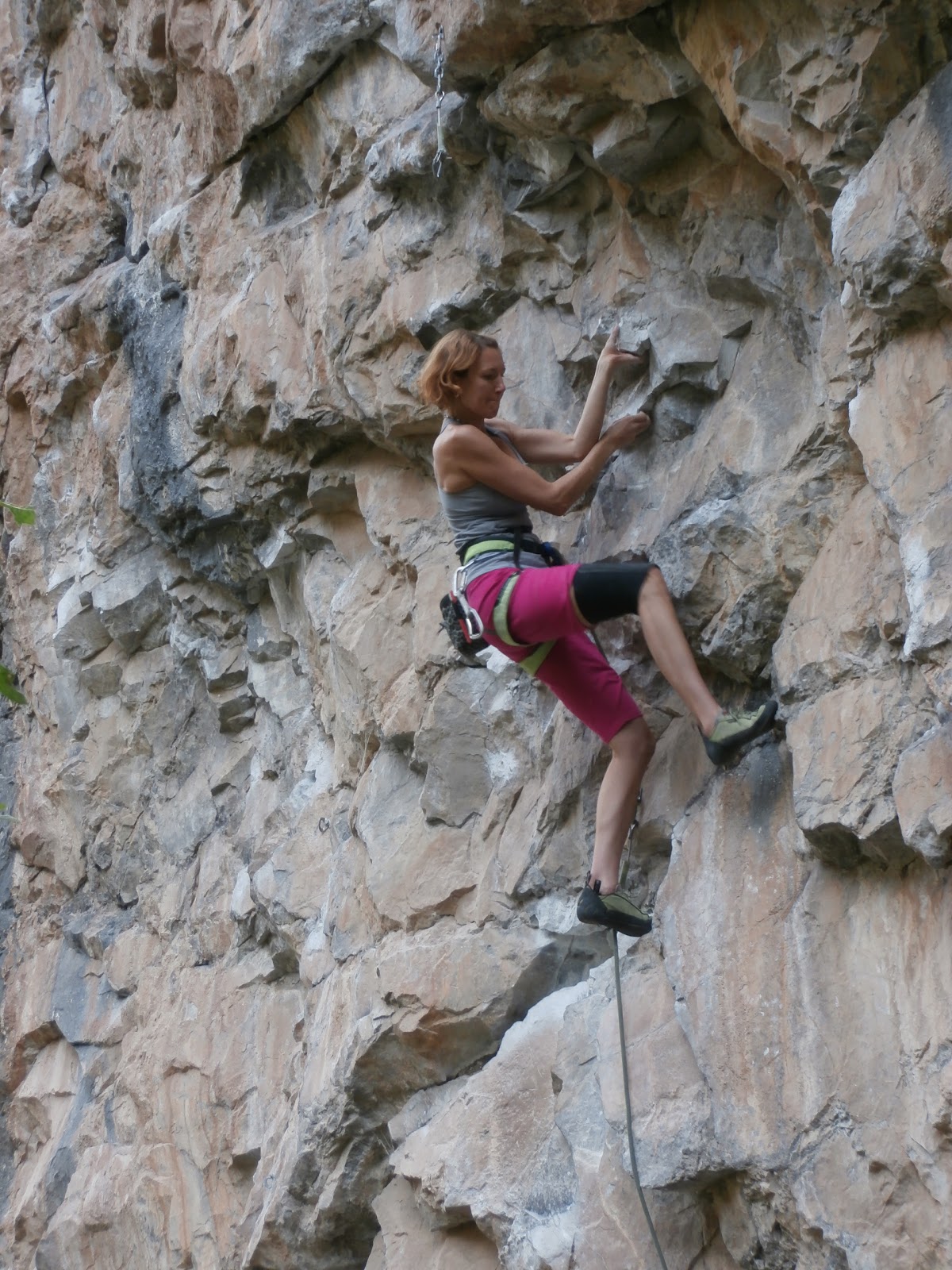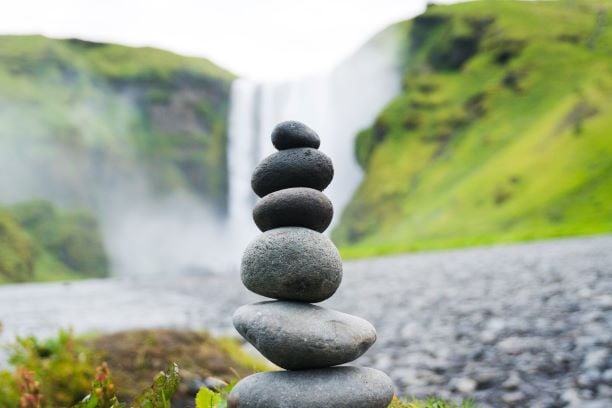
I’ve been on one of my optimal vacations this month, this time rock climbing in Rifle, Colorado. As with all optimal vacations, there was ample time for reflection and fostering creative ideas. In fact, I’ve got a lot of new post ideas and blog improvements coming your way!
I’ve been rock climbing (with some breaks due to schooling and illness) for about 15 years now. Of the many styles of climbing out there, my preferred type of climbing is sport climbing – a more athletic style involving pre-placed fall protection (bolts) in the rock usually up to about 100 feet high, which translates to greater focus on the physical movement required to get to the top of a climb. For a better description, read this.
One of my favorite aspects of sport climbing is the process of sending a project route. You pick a “project” – most likely a climbing route that is at your maximum or slightly beyond your perceived ability, and you work out the moves from ground to apex. You “send” the project once you’ve completed all the moves in succession, “on lead” (clipping the protection bolts along the way), without falling or using any “help” of supporting your body weight on any of the equipment. As you can imagine, this process involves not only mental and physical conditioning but also a problem-solving, positive mindset. Cross-training, diet, social events, weekends, trips, work schedules, etc. might be arranged to increase your chances of a send. And once you send your current project, you might move onto a new one at a harder difficulty level.
This process, which we often term “projecting”, has taught me lots of life lessons… some of which can be directly applied to the practice of stress management and self-care in our lives:
- Listen to your body, but don’t necessarily take everything it tells you at face value. Sport climbing is physically demanding, and if you’re not careful you can get tendon or joint injuries trying certain moves over and over. Rest, good nutrition, sleep, and other modalities of self-care are as essential to the send as they are to the prevention of burnout. But kind of like knowing when to hold ’em vs. when to fold ’em at work or school, there is a fine line between taking care of yourself by dialing it back vs. being open to the possibility that you CAN do more than you think. This balancing act can only be mastered through a combination of experience and self-awareness.
- Value micro-improvements in the process instead of focusing on the end-result. Many times I have retreated from a project feeling deflated because I didn’t send, when my belayer points out, “Hey, you reached a new high point there, aren’t you psyched??” In climbing, burnout is avoided by seeing the positivity in small improvements as opposed to worrying about success or failure. Maybe you worked out one further move, or you figured out a resting sequence half-way up which will become very valuable later. I know it’s cliche, but the old saying “The journey is the destination” rings true… and this is key to maintaining sanity in life as well. People who practice present-moment thinking with an attitude of gratitude are the most successful at stress management.
- Success and growth come from a place of vulnerability. As psychologist and shame/vulnerability expert Brene Brown says, “Vulnerability is the birthplace of innovation, creativity, and change.” If you don’t take a chance trying to send a hard project, one where you may not even be able to make all the moves at first, you never know what you’re capable of. And if during the process of trying to send you don’t push hard and experience failure (like taking a short pendulum fall on the rope, or risking a flail in front of other climbers), you will probably not succeed. In the workplace or any stress-inducing scenario, you occasionally need to go against the grain to get what you need or want. You have to be willing to ask for that flexible work schedule or that extra afternoon off to see your doctor, even if you risk disapproval from your supervisors.
- Take the opportunity to learn from others. In climbing, we call this “beta”. Sometimes you can glean useful beta by watching someone climb your project their way. Their tips and tricks just might work for you on that difficult move, or maybe they won’t work because the person has five more inches of wingspan on you (or in my frequently-encountered case, because they are half a foot shorter than you!) And in the realm if stress and self-care, others have most likely been down the same path before you. Take advantage of established mentorship programs (many exist both in person and online), or identify your own potential mentors. Ask them for their beta, and learn about what’s in their black bag!
- Don’t compare yourself; there will ALWAYS be someone better/faster/smarter/stronger. My husband and I have added the phrase, “There will always be someone who warms up on your project” to our collected life-lesson sayings… you know, the kind your grandma says to you in her infinite wisdom. It happens all the time (especially in Rifle, where famous climbers are always traveling through). Perfectionism is one of the traits linked in the literature to poor coping skills and an increased risk of burnout (see my Anatomy of Stress post); making comparisons to others is a fruitless endeavor, one that will pull you out of present-moment thinking and keep you in an ego-driven viscious cycle of stress.
What have you learned from a sport or pastime that has taught you valuable life lessons? Share them here!




You forgot one more thing: patience. this is one of the more important things anyone stressed or trying to climb up a mountain should have.
Very true… thanks for your input! The fine tuning of both climbing and stress management, in order to see results, is a patience-testing process!
I certainly agree that in order to fight stress, doing some physical activities is one way dealing with it. I find rock climbing a very interesting activity. Both our mind and body will work for this activity, of course it could also be a challenge to reach the top.
Thanks for your comment, and I totally agree that climbing is both a mental AND physical challenge!
The first point is definitely true! Like what a registered massage therapist oakville friend once said, there will always be a hidden message in every bodily reaction.
Yes, getting enough sleep can give you benefits like reducing stress and a healthier body. Another benefit of having enough sleep is the prevention from sleep problems like kleine levin syndrome .
Rock climbing is great but make sure you have enough balance as you step up there. My toe doctor mentioned having not just stress but particularly foot pain as you try to go up despite having harness.
The second pointer is a definite truth that everyone should keep in mind. Taking things slowly when engaged in a certain physical regimen will maximize the benefits one can obtain, in sharp contrast to doing things at once, which can cause more damage to the body.
Hey Guys, Rock Climbing sport Don't hurt your neck while belaying, wear a Belay Glass. You look forward to gaze upward. Check out http://www.BelayGlass.com Mike's Belay Glasses – Only $39.95. It's a no hassle way of equipping oneself with the latest in Littrow prism technology to avoid neck strain. Rock Climbing sport